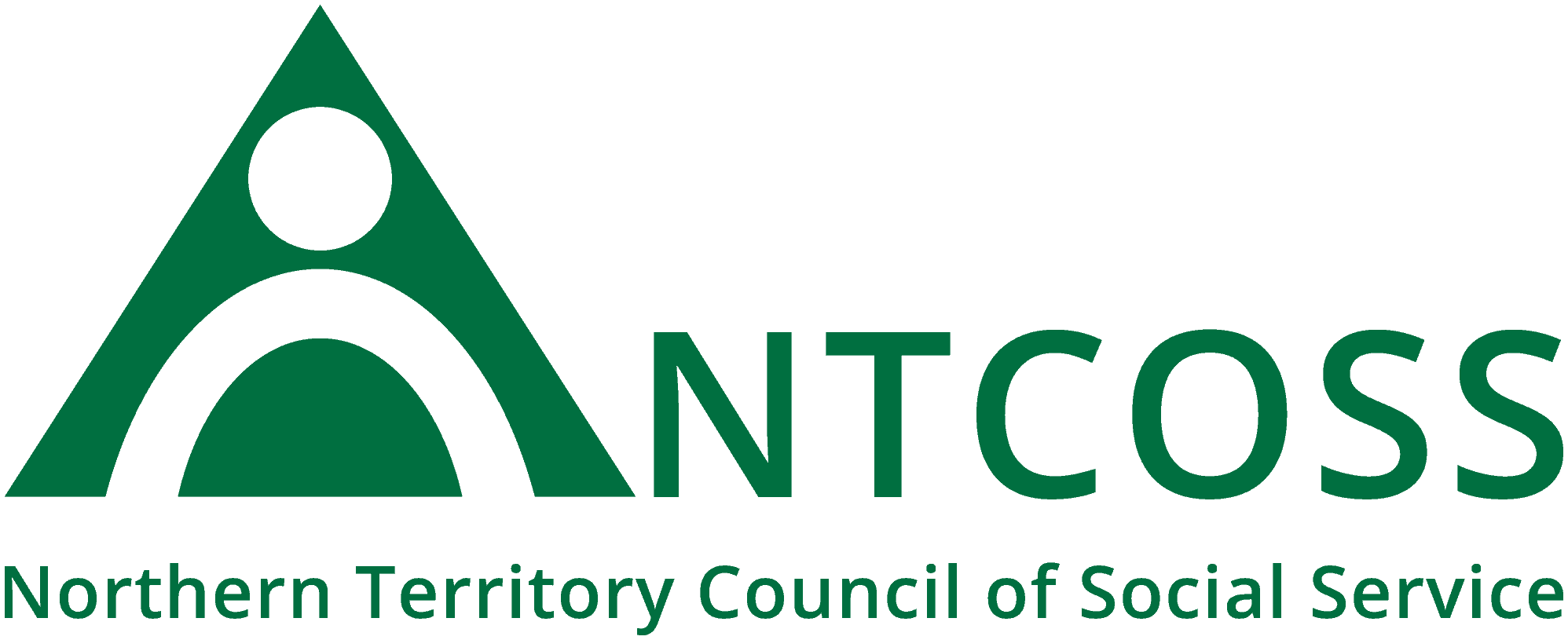This opinion piece was published in the NT News on 7 November 2021.
The Northern Territory has the worst electoral enrolment rate in the country.
It is estimated that some 24 thousand Territorians who could vote, are not on the roll – including more than 16 thousand Aboriginal people.
It is a problem exacerbated by the Federal Government decision in 2017 to end the remote enrolment program and cut staff at the Australian Electoral Commission Darwin Office from 16 to 3.
The NT also has the worst voter turnout in the country.
In the last Territory election many remote polling locations were characterised by low voter turnout and high rates of informal votes. Arafura had 52.7% turnout; Arnhem had 58.1%, Gwoja 52.8 % and Barkly had 63.2%.
As the NT Electoral Commissioner, Iain Longanathan has noted, “the reality is that the bush is not having an equal say. That is not a good sign for the future of democracy in the NT — it means that our democracy is weakening.”
The most fundamental human right in any functioning democracy is the right to vote, but there can be many barriers to voting. Mobility can keep people from the voting booth; as can poor health; poor literacy and numeracy; language barriers; lack of postal services.
These are longstanding problems. And serious ones.
The system might not be broken yet, but it needs urgent fixing.
But the proposed fix from the Federal Government last week did not address improving enrolment or access, it went to a completely different issue – voter integrity.
Voter fraud and multiple voting is not a problem according to the Australian Electoral Commissioner, Tom Rogers, who described it last week as ‘vanishingly small’.
And yet despite the lack of threat to the current system, the Federal Government has introduced voter identification legislation.
This unnecessary legislation, introduced on the eve of our next Federal election, will require the presentation of ID to replace voters being asked for their name and address.
While this may only be a minor inconvenience for most Territorians, it runs the very real risk of silencing the people who already have the least power – be it young people, the elderly; disabled; poor, and our remote Territorians.
As John Paterson, the CEO of the Aboriginal Medical Services Alliances NT puts it, “the issue we have is that many Aboriginal people do not have or carry the necessary ID or are not enrolled to vote, particularly in remote regions. This legislation will block many Aboriginal people from voting and deny their democratic rights. It’s shameful and discriminatory.”
Liz Reid, Executive Officer of YouthWorX NT says they help people with varied vulnerabilities and no formal identification. “Young people want to contribute and participate in the community, want to be valued voting members of the community – this measure could significantly impact those who are already disadvantaged.”
We don’t need more Territorians feeling unwelcome at the voting booth – we need ongoing, targeted and culturally sensitive electoral education across the NT (including remote/very remote locations); re-funding the Aboriginal and Torres Strait Islander Electoral Information Service; and mobile polling in our remote aged care and health facilities.
The priority of government should be removing barriers to voting, not creating them. It should not be making it harder for people who already experience discrimination or exclusion.
Given that people living in remote communities experience the highest levels of poverty and poor health outcomes, they have the most to gain from greater representation. Health care, education, our built environments, and economic stability are shaped by policy, and policies are set by our political representatives.
In truth there needs to be innovative, integrated and collaborative responses, and commitments from the Commonwealth, NTG and local governments to work together to address the real issues confronting our voting system. But how can Aboriginal people and our most marginalised Territorians call for that, when by design or default their voices are already so hard to hear?
